Francis Phillips interviews pro-life doctor Dr Anca-Maria Cernea
During the October Synod on the family I observed the sometimes unedifying spectacle of different pressure groups within the Church jostling to give their own interpretation of what was happening. Then, along with thousands of other Catholics throughout the world, I was inspired by a single (lay) intervention on October 16: the address to the Synod Fathers by Dr Anca-Maria Cernea, representative of the Association of Catholic Doctors of Bucharest, Romania. Here is the link to her speech and here is the link to my blog at the time, written in response to this speech.
What drew me and many others to Dr Cernea’s address was her insistence that the Church is engaged in a spiritual battle in defence of the family, much more than a political or sociological one. Not wanting her insights into the nature of the problems we face to be forgotten, I tracked down Dr Cernea to find out more about her background and the formative influences that led to her remarkable intervention.
Inevitably, the strength of her faith comes in part from the sufferings her family endured under Communism. Her parents were engaged when her father, a brilliant student and Romanian patriot from the Greek Catholic Church, was imprisoned by the Communists in 1947 for his opposition to the regime. He was not released until 1964, 17 years later, when he and his fiancée were at last able to marry. Dr Cernea describes her father’s survival without giving up his beliefs and in spite of being tortured, as a “miracle”. Her maternal grandfather, also from the Greek Catholic Church, was imprisoned for ten years and her mother and grandmother spent several months in prison without trial.
Dr Cernea tells me that, despite these hardships and imprisonment, these were “times of great grace and opportunities for spiritual growth.” Her mother “felt flattered to be imprisoned as an enemy of that godless regime.”
Her parents finally married when her mother was 36 and her father was 46. Sharing a common faith and political outlook they built a strong marriage and a loving, cultured home for their two daughters, helped by the unfailing support of the children’s grandparents and a circle of like-minded friends.
Outside this close family network, life under Communism, Dr Cernea tells me: “was pretty much reduced to work for the parents, school for the girls and queuing for food”. There was “general misery and the omnipresence of the Securitate, the Communist political police.” Her parents were kept under constant surveillance. Despite this, “life wasn’t sad. There was a lot of laughter in our house, with very happy Christmas and Easter celebrations.”
The Greek Catholic Church had been suppressed, so the family attended Roman Catholic Masses or the liturgy was celebrated clandestinely in their home, according to the Greek Catholic rite.
This, Dr Cernea says, was her “real experience of the ‘domestic church”, a time when the family “‘had the privilege of meeting some heroic confessors of the faith as well as saintly priests.’” She comments that she was saddened at the Synod when the phrase “domestic church” was mocked by an archbishop in her group, who described it as a “cliché” that should be “given a rest.”
In this small “domestic church” she depicts a home where the Rosary was prayed daily, the house was blessed annually by a priest, and “we had holy water, crosses, miraculous medals, images of St Michael and other holy images in each room of the house.”
Dr Cernea’s description of the strength of faith among her family circle and her parents’ friends makes me reflect that it is often easier to discern the stark difference between good and evil under an atheistic regime than here in the West, where the lines are easily blurred, even among Catholics.
After the fall of President Ceausescu in 1989 (an event confidently predicted by her father), the family discovered that they were “one of many families where faith and common sense had been transmitted”; they were surprised, she says, “by the numbers of participants in the rallies against Ceausescu, by their courage and level of political awareness.”
Were her parents an influence on her decision to become a pro-life doctor? She explains that their faith and example (they were both convinced pro-lifers) were an indirect influence on all her choices. Her own husband is also a doctor, working in palliative care. Dr Cernea adds: “You can do a lot as a Christian doctor to serve Christ in the person of your patients. Another advantage in choosing a scientific career was that our studies were much less ideologically polluted by Communism than in the humanities.”
She tells me that, paradoxically, the more Marxist propaganda was spewed out the more critical they became: “Marxist propaganda said that faith was for stupid people and for slaves, but we could see that the most intelligent and freest people we knew were believers and that it was Marxism that was stupid, oppressive, a satanic lie, imposed by brutal crimes, transforming half the world into a prison-camp and insidiously infiltrating the other half by means of cultural subversion.”
I ask Dr Cernea to develop this and what she meant by the “spiritual battle” she mentioned in her Synod address. She refers me back to the Synod intervention by Archbishop Kocsis, Metropolitan of the Greek-Catholic Church in Hungary, who quoted St Paul: “Our battle in fact is not against flesh and blood, but against the Principalities and the Powers, against the domination of the dark world, against the spirits of evil that live in the celestial regions”, and who said that attacks against the family are not just “challenges” and their explanation is “not sociological as suggested in Instrumentum Laboris [the working document that served as a basis for the Synod discussions.]”
Indeed, she is critical of this document, emphasising that “the assault against the family and the culture of life in our time should not be analysed by the Church through an economical or sociological methodology, which is a characteristically Marxist approach and which I found quite striking in the first part of Instrumentum Laboris.”
“The problem with our world is human sin, allowing evil to act in our souls and in our communities”, she reflects.
Dr Cernea is at pains to emphasise that the sexual revolution and the destruction of the family in many Western societies are not explained by consumerism, hedonism, social injustice and so on: “Their primary source is cultural Marxism, an ideology, an error of a religious nature – basically a revolt against God and His creation.” She says that: “The order of the Ten Commandments is not random. Idolatry is first, the most serious of all sins – and ideology in the contemporary world is a form of idolatry. It is a substitute for religion. It pretends to have a complete explanation of reality and to offer ‘salvation’ here, in this world, by human means, using ‘science’ as a pretext.”
Citing the writings of the political thinker Eric Voegelin (I note that the English historian, Michael Burleigh, thinks highly of him) Dr Cernea explains that he saw, as early as the 1920s, that Nazism and Communism were “political religions with their own symbols, hierarchy, rituals etc; in fact, fake religions because they didn’t build any culture, they only caused destruction.”
She thinks that, from this perspective, these ideologies have not received enough attention “by theologians and Church shepherds, although it should have been their first task – watching out for religious error, then warning and protecting the flock against their threat.” She also reminds me that Vatican II never condemned Communism, “although the Popes had done so many times before.”
Here Dr Cernea quotes the Brazilian philosopher, Olavo de Carvalho: “The Church sermons we most often hear nowadays are either ideologically contaminated (practically in favour of the ‘Principalities and Powers’) or just fighting flesh and blood…as they ignore idolatry and deal only with sexual immorality, material corruption, consumerism, hedonism.”
We return to the October Synod. Dr Cernea thinks the majority of the Synod Fathers “were faithful to Church teaching. But most of the time they concentrated on the second and third part of the working document, where there were formulations questioning Church teaching about marriage and indissolubility and about contraception and homosexuality. Unfortunately, they didn’t criticise the obvious Marxist analysis and language tools present, mainly in the first part of the document.”
Is this language an example of what she means by her earlier phrase, “insidious infiltration”? Choosing her words carefully, Dr Cernea elaborates: “Instead of openly fighting the omnipresence of ideological concepts, Church leaders themselves have come to use ideologically-tainted terms, which carry the risk of distorting a Christian perspective – words like ‘tolerance’, ‘discrimination’, ‘inclusion/exclusion’. There is a lot of this language in Instrumentum Laboris. For instance, ‘tolerance’ is too weak if we speak of people: people should be loved, not just ‘tolerated.’ And ‘tolerance’ is inappropriate if we speak of ideas: false ideas should be rejected, not tolerated.”
I am beginning to understand why Dr Cernea’s address at the Synod made such an impact on people worldwide. The drip-drip effect of the secular ideology has made us think of ‘tolerance’ as a virtue, whereas she brings much-needed Christian charity and lucidity to the debate. She continues: “Christianity has all it needs to describe reality. We don’t need to borrow language tools from the ideologies we are confronting, which allow them to occupy the moral high ground. Our shepherds should be the first to sense when terms like ‘peace’, ‘justice’, ‘freedom’, familiar to Christians, are being used ideologically, so that their original meaning is distorted or even reversed.
“The Church should prevent this confusion. The shepherds’ duty is to preach the Kingdom of God and his justice – not socialist ‘justice’; to preach peace as offered by Christ, not ‘peace’ as promised by the UN; to preach about the real meaning of ‘freedom’, which is liberation from sin, salvation.”
Using language clearly, she believes, is an important condition for victory in our spiritual and cultural battles; here she quotes St Paul: “Let your yes mean yes and your no mean no. Anything more than this comes from the evil one.”
Dr Cernea points out that if the Church doesn’t warn against ideological errors “but only against ‘individualism’, ‘consumerism’, ‘social injustice’ and so on, one of the consequences is that the faithful come to think that they should vote for the political Left, which uses more or less the same language. And once the Left comes to power, it imposes a cultural revolution by legalising abortion, euthanasia, gay marriage, sex education in kindergarten etc.”
This, Dr Cernea thinks, is why “so many countries where the Catholic vote is powerful enough are, however, governed by cultural Marxists – such as in almost all of South America, the USA, in Canada and in Western Europe.”
So what is the Church’s task? Without hesitation Dr Cernea reminds me that the best way we can fix the world is by evangelisation and conversion of persons and societies.
“Where there is enough holiness in our societies, when we share the same objective moral criteria – the Ten Commandments – then we won’t need to rely on almighty government bureaucrats to keep society from becoming a lawless jungle. That’s how the Church once created the Christian culture and civilisation and that’s what the Church should still be doing.”
I ask Dr Cernea to describe the current situation in Romania for Christians. She tells me there is a devotion to Our Lady of Fatima. “We prayed to her under Communism and we still do so today.” She adds that “in Ukraine also it has become a very popular devotion. Both Catholics and Orthodox Christians are praying to Our Lady of Fatima for Russia’s conversion, as the Russian government is anything but Christian.”
But what about President Putin’s seemingly pro-life policies, I ask. She speaks soberly: “You can’t choose one area, like the pro-life one, and pretend the rest doesn’t exist. Putin is not sorry for the Soviet past; he is only sorry that the USSR broke up and he does everything to restore it. He runs a corrupt system, killing his opponents and critics, threatening other countries and supporting terrorism.”
The former USSR might be “officially buried”, she says, but the legacy of Communism, “cultural Marxism”, is alive and thriving in Eastern Europe and elsewhere. “Many former Marxist hardliners underwent a sudden ‘democratic transformation’, put on Western costumes and became activists of the ‘New Left.’ Indeed in Romania, “the noisiest promoter of atheism, same-sex partnerships and other similar causes, is a young activist who owes his political career entirely to the former Communist Party, now ‘Social-Democratic.’”
Nonetheless, there is also good news: from among the different Orthodox Churches, the Romanian Orthodox Church (ROC) is one of the most open to the West and to the Catholic Church. “Under the former Communist regime many Orthodox religious and lay people were persecuted and imprisoned” Dr Cernea tells me; despite Communist infiltration: “the ROC is a living church and has many good and faithful priests and faithful.” She adds: “This doesn’t mean that the relations between the Churches in our country, especially between the ROC and the Greek-Catholic Church are simple or problem-free.”
She recalls with enthusiasm the visit of “our beloved John Paul II to Bucharest, invited by the Orthodox Patriarch Teoctist” describing it as “a moment of exceptional grace. Hundreds of thousands of people, the overwhelming majority of whom were Orthodox, shouted in the presence of the Pope and the Patriarch, ‘Unitate! Unitate!’ ‘Unity’: a word recalled many times by Saint John Paul II over the years. The Romanian people never forgot it.”
What was the attitude of the Orthodox faithful towards the October Synod on the family? “They were concerned because they realised, along with other Christians and members of the Jewish faithful, that the Catholic Church is a very important fortress in the culture war. It is very important for all people who care for the fate of the Judaeo-Christian civilization that the Catholic Church does not give in to the spirit of this world.”
I conclude our conversation by asking Dr Cernea if she is hopeful about the Synod’s conclusions. She tells me she is glad that “many unacceptable formulations present in the working document were rejected. But on the other hand, the final document lacks a coherent structure, a reasonable order of priorities, courage and clarity. The good news is that Church teaching, as found in Scripture, the magisterium, particularly in Humanae Vitae and Familiaris Consortio, has remained the same. The bad news is that the final document is confusing and on this confusion those who have a revolutionary agenda may build their theories, pretending they are implied by the “spirit of the Synod.””
However, she adds, she came back from the Synod with a renewed sense of the strength of the Catholic Church. “I met saintly people, Synod Fathers and fellow lay auditors who take their mission very seriously, with much sacrifice, courage and wisdom. I learned a lot from them and their example is of great help in our spiritual battles here in Romania. Many millions of people trust the Church and follow their shepherds. They just need good leadership. We should pray more for our shepherds.”
original: catholicherald.co.uk
Read Also:



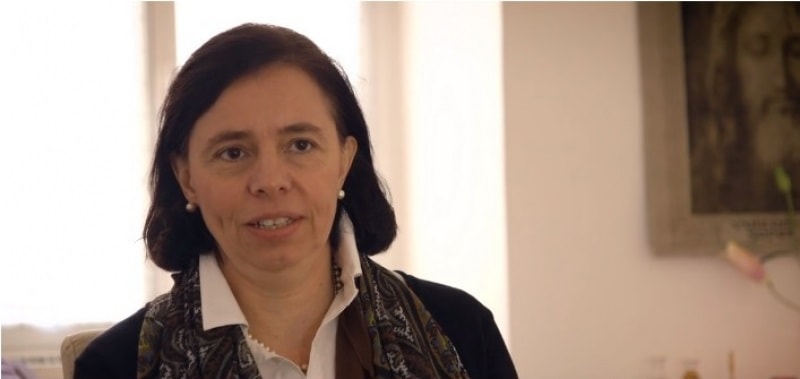

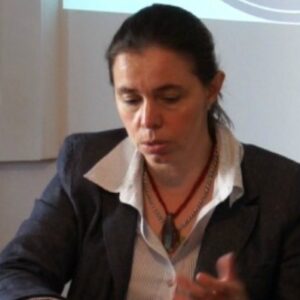



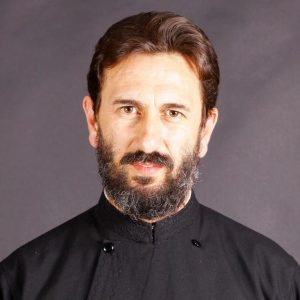
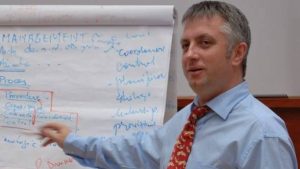
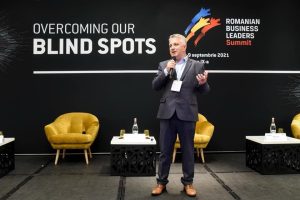
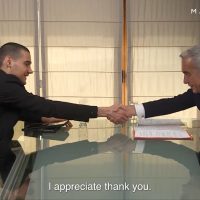
![marius-bostan-foto[1] marius-bostan-foto[1]](https://inliniedreapta.net/wp-content/uploads/elementor/thumbs/marius-bostan-foto1-qt9ywoo2b2lgv37b76h9qr5yo6db5vwzoxbuvd4e6o.jpg)

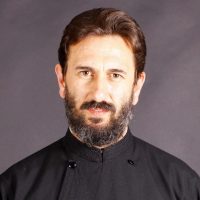
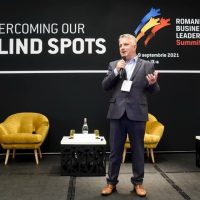
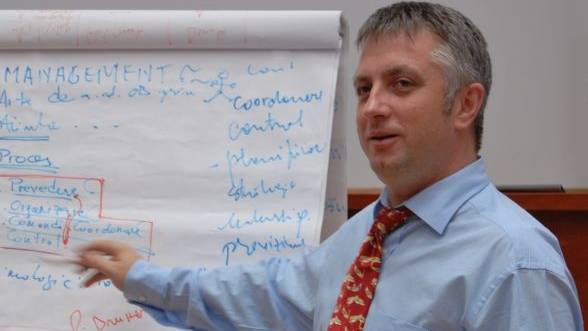
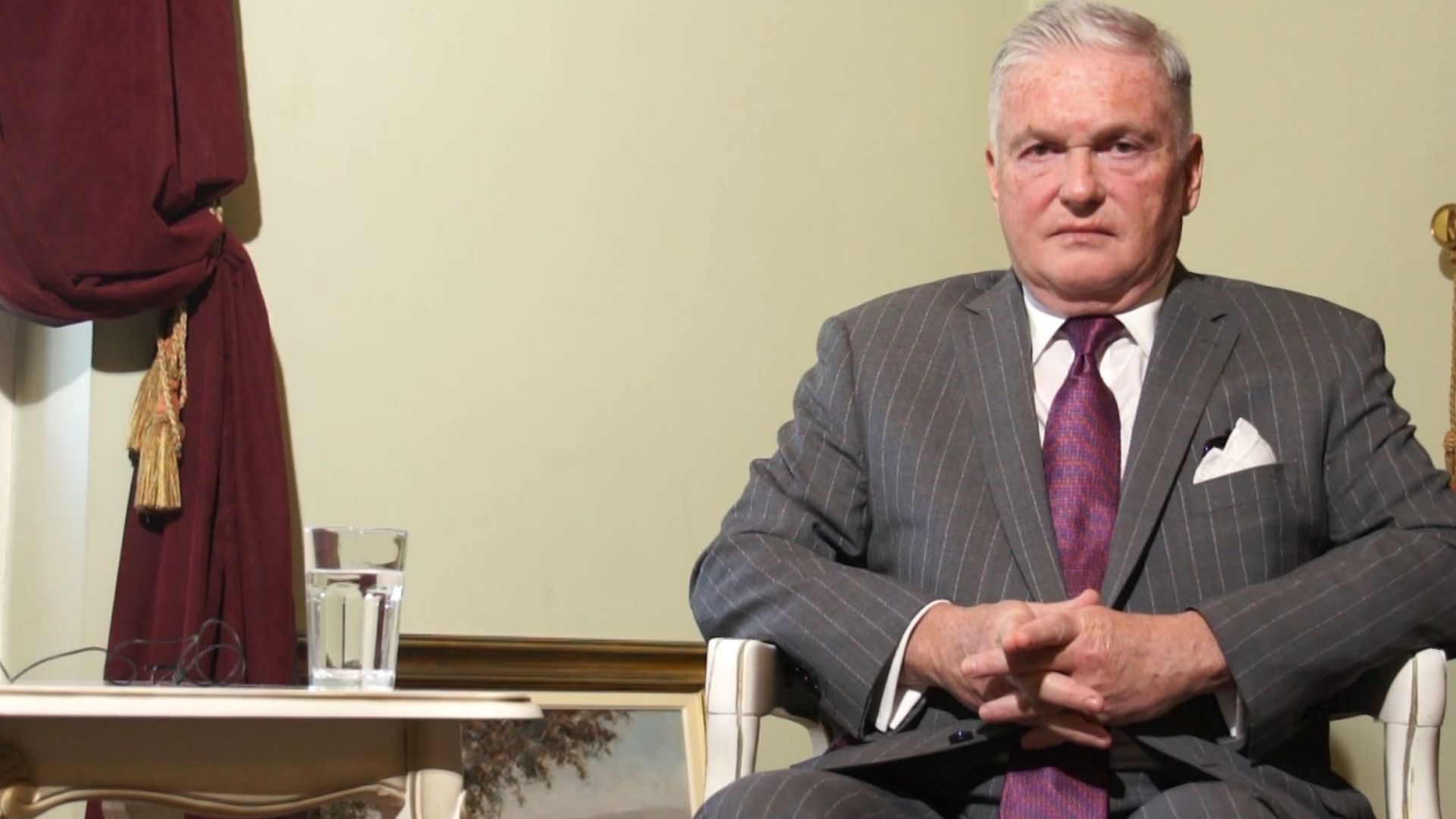

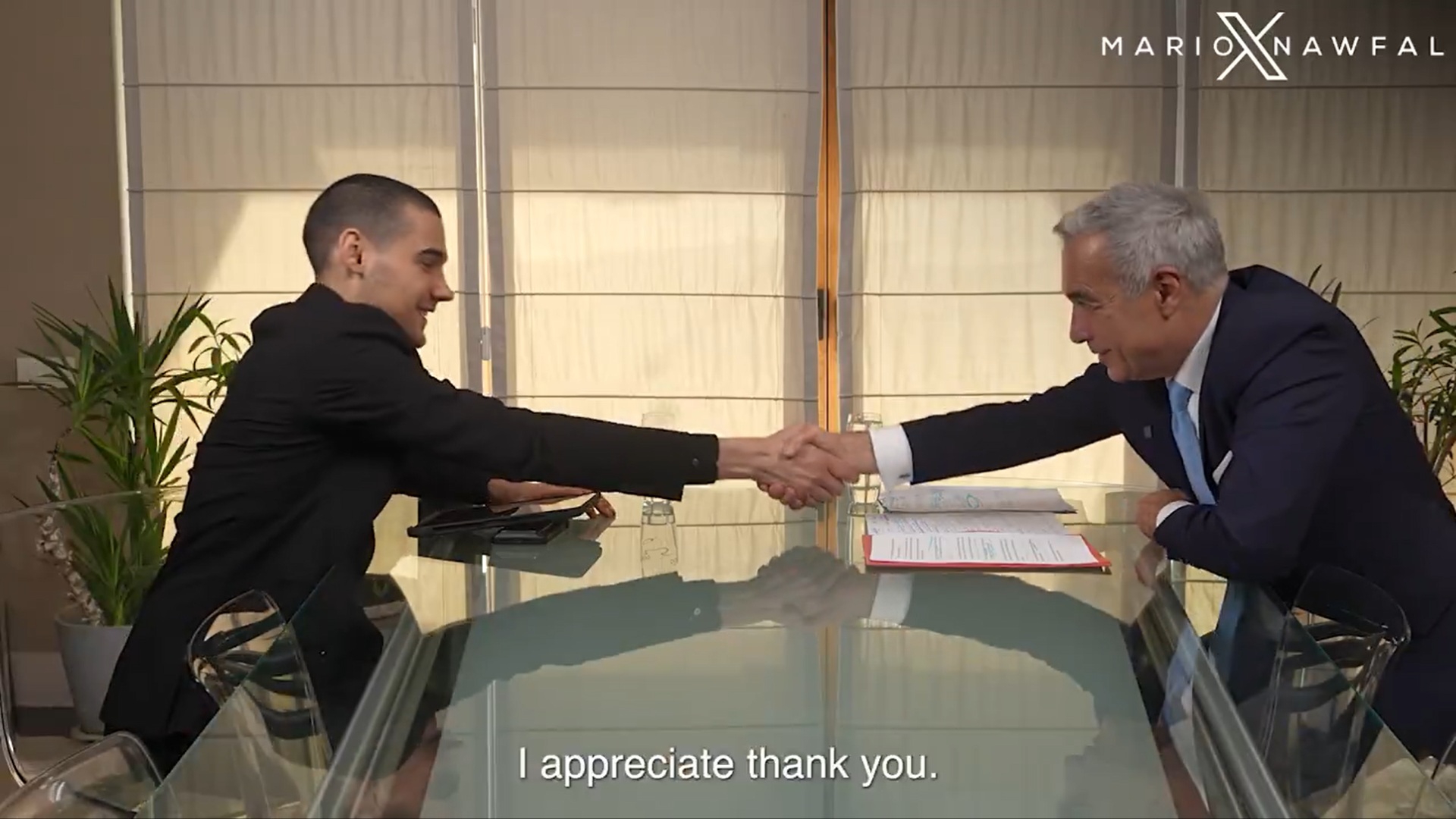

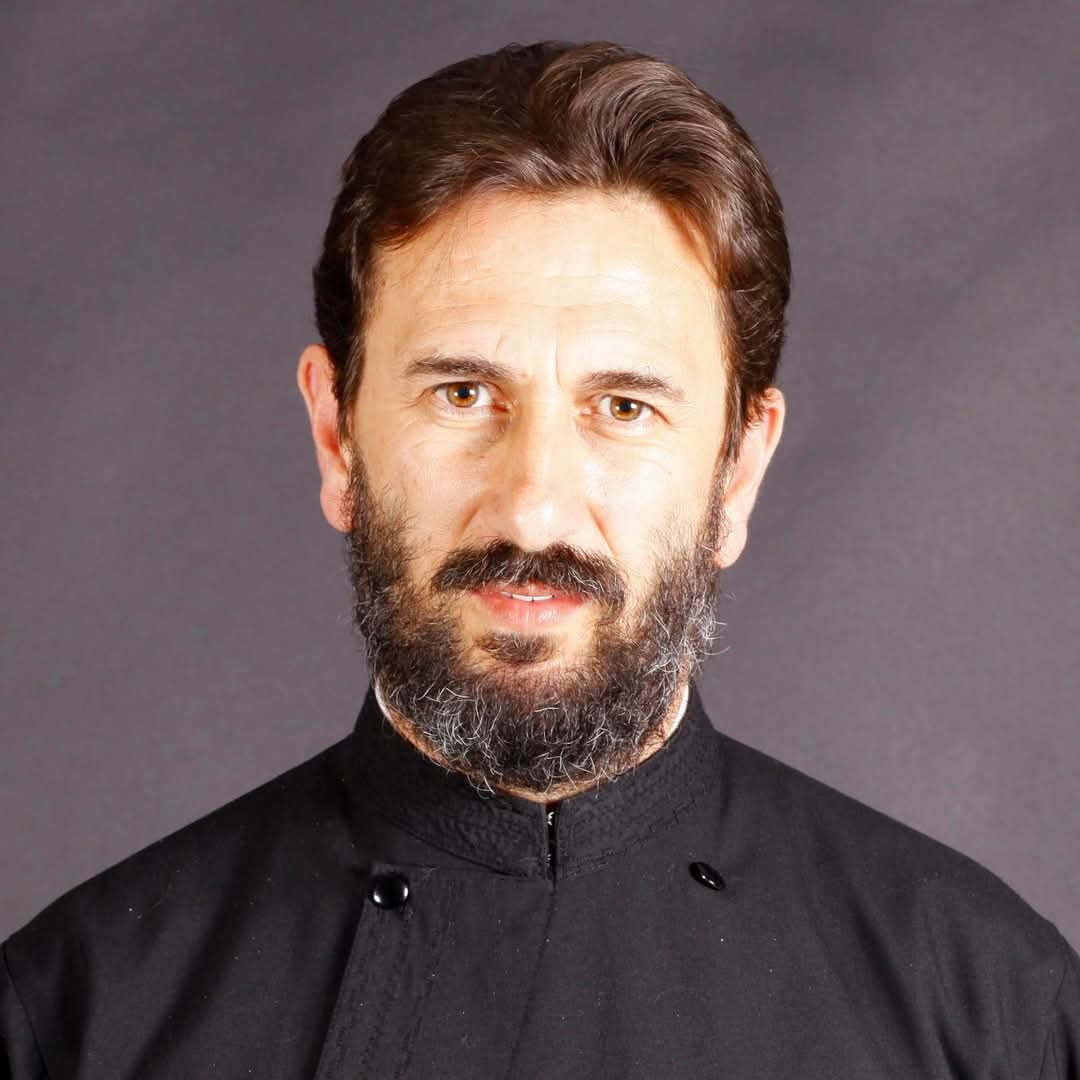
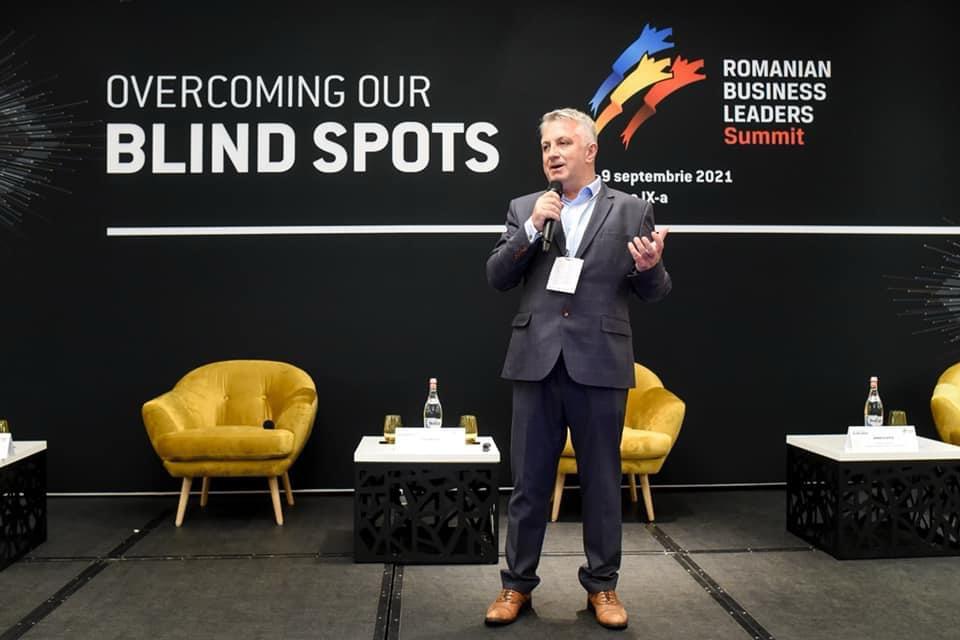
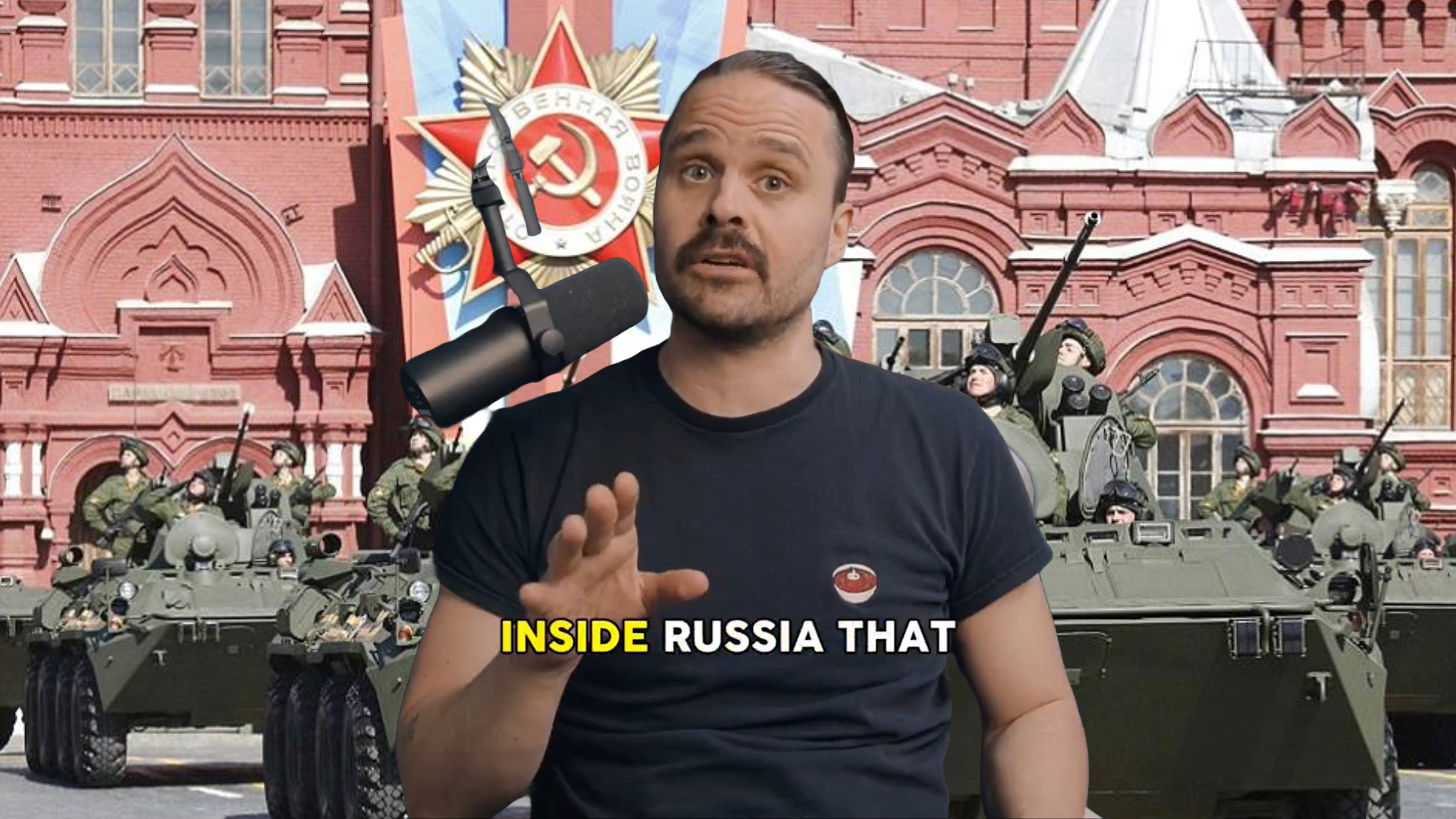

2 Comments
John Galt
15 December 2015“Citing the writings of the political thinker Eric Voegelin (I note that the English historian, Michael Burleigh, thinks highly of him) Dr Cernea explains that he saw, as early as the 1920s, that Nazism and Communism were “political religions with their own symbols, hierarchy, rituals etc; in fact, fake religions because they didn’t build any culture, they only caused destruction.”
She thinks that, from this perspective, these ideologies have not received enough attention “by theologians and Church shepherds, although it should have been their first task – watching out for religious error, then warning and protecting the flock against their threat.”
____
This is is interesting because so many raised under the current PC police and “religious equality” concepts as they are understood today are completely unaware of the struggle in the past to separate the pagan / gnostic myths (or heresies) from the official doctrine of the Church. They talk about reason, science, mysticism, they make fun of religious people by saying they believe the earth is flat. But none of them could imagine themselves being born in 1200. In some pagan part of the world.
And it’s really crucial. As this generation is helpless in identifying for example “Mother Earth” religion as it derived directly from Gnostics. “Mother Gaia” is nothing new, Earth Day practitioners offer sacrifices of “good works” even today. Hopefully they will not go to all the way to human sacrifices. The ideas of Malthusian catastrophe and the sacrifices we “need” to make in order to survive as a specie (see carbon tax) are exactly about that retarded old cult, but hopefully they will not influence the politics too much, as it did in the past (Eugenists – Fabians and so on).
But hey, any “cult” or “religion” is better than Christianity, right? Or the variant “all religions are equally bad” (somehow the same thing – as none of the views define the term religion). As long as we blame Christianity for everything bad happening in history, any old matriarchal and even sacrificial cult (*for the common good) will do just fine.
It’s no wonder that so many fall in these traps, without being able to identify the real dangers. Albert Magnus and Aquinas “carefully dissected the method that Aristotle employed in undertaking the task of expounding natural philosophy. This method, Albert decided, is experientially based and proceeds to draw conclusions by the use of both inductive and deductive logic. Christian theology, as Albert found it taught in Europe rested firmly upon the revelation of Sacred Scripture and the Church Fathers. Therefore, he reasoned, the two domains of human culture are distinct in their methodology and pose no threat to each other. Both can be pursued for their own sake. Philosophy was not to be valued only in terms of its ancillary relation to theology.”
He firmly established a clear and distinct (*sound, coherent, experimental) path of knowledge. Even Kurt Godel in his incompleteness theorems respected and used that. All was good.
But here comes Kant’s philosophy that promotes the idea that reality is fundamentally unknowable, that faith and reason are equally valid, that emotions and logic are equally valid (Subjectivism). So this is where things got messed up for good. Instead of using old and verified methods, science dived head first straight into the muddy mysticism and paganism the Church tried to avoid (with great pains) for so long. Kant regretted at the end, but it was already too late.
Jefferson and Madison giving Roger Williams (to name just one) the credit of being the “original thought influencer on the first amendment”, respecting him a lot, Ayn Rand saying: “If it is ever proper for men to kneel, we should kneel when we read the Declaration of Independence.”, having a deep respect for the ones who established naturalism or “the prodigious concept of individual [natural – because that’s why they are inalienable] rights” or for “the key—and the only key—to the problem of national unity” (and here is the REAL “integration” in this exactly the same Reality for everyone – “A Nation’s Unity part II”) – all long forgotten.
Benjamin Franklin saying “”I never was without some religious principles”, or Washington’s Farewell Address explaining why in order for policies to “lead to political prosperity, Religion and Morality are indispensable supports” – all long gone.
No one is interested now HOW the methods of understanding the Reality evolved, or why. No one talks about bona fides, prudence (a cardinal virtue), decency, good faith – all of them concepts that most LGBTI activists never heard of until now as basis for the Law. Yes, it’s a very long and difficult talk, but the reward will be the natural understanding of the mechanisms working behind, and how the philosophy actually works. Or came to incorporate those ideas lurking around (“no thought without a phantasm”), or how the thin thread of reason managed to clear the haze, or dogma. And how we can so easily AVOID myths and dogma (or “fake idols” as “environmentalism”, “blind faith” and so on). Or why the first university in the world was created (by a Church) to move these debates from public space to a proper establishment. But no one is interested. We all should “think positive”, avoid the “bad energies”, in an updated neo-platonic way.
It should offend no one to recognize a more than tenuous link between this strange opinion and the Zeitgeist out of which full-blown Nazism sprang at a later stage. Manichean, proto-Zoroastrian, Dualist mythologies existed long before Christianity. They exists in different forms even today. Nietzsche and his Ubermensch (the recent debate about Singularity) did not come out of the blue sky.
But who is interested on these subjects, now, when all the ancient Iranian religions wreak havoc and punishments around the world? Very, very few. I’ll end with what Thomas Jefferson said some time ago: “The man who reads nothing at all is better educated than the man who reads nothing but newspapers”. The only difference from the past is now the scientists are reading newspapers almost all the time..
Miorița Baciu Got
15 December 2015Felicitări doamnei doctor Anca Maria Cernea pentru acest interviu de mare substanță, care aduce un neprețuit serviciu valorilor Binelui în aceste vremuri tulburi. Felicitări pentru modul în care sunt aduse în prim-plan sacrificiile Bisericii Greco-Catolice și profilul intelectualului român autentic, creștin și patriot – un veritabil model de urmat pentru generațiile actuale, expuse unei avalanșe de teorii găunoase într-o societate tot mai debusolată și vulnerabilă la mistificări.
De oameni precum doamna doctor Cernea avem nevoie în acest moment, oameni curajoși și cu viziune, capabili să ducă mai departe crezul pentru care s-au sacrificat în perioada dictaturii comuniste atâtea generații de eroi tăcuți. Ce trist și absurd că astăzi ne vedem siliți să combatem – pentru a câta oară? – aceleași capcane ideologice pe care ni le întindea vechiul sistem. Cu mențiunea că represiunea a fost, iată, înlocuită cu mirajul unui discurs al „echidistanței” între Bine și Rău. Or Binele este numai unul și nu poate fi regăsit altundeva decât în persoana lui Dumnezeu…